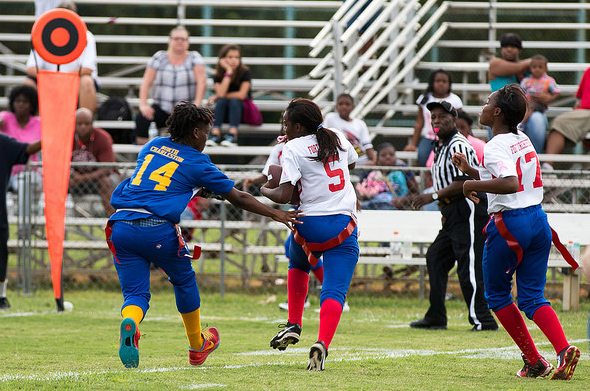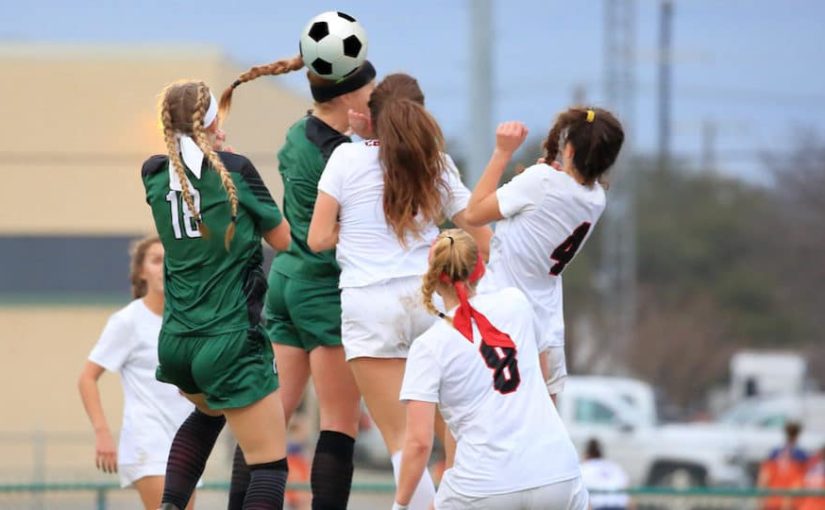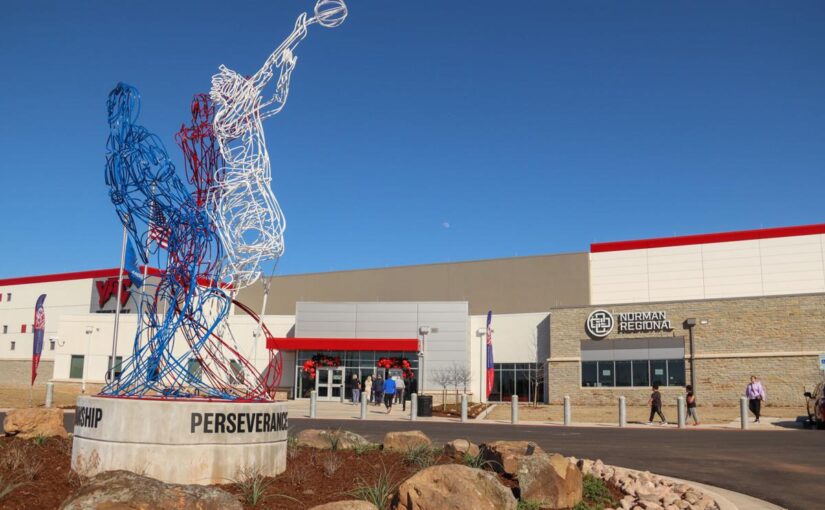A.D.ministration: Honoring your coaches and athletes
Most high school athletic programs do something to recognize the success and accomplishments of their athletes and coaches. This effort could come in the form of an awards program or a special evening with refreshments served afterward, or even a formal dinner in either the school cafeteria or a local restaurant.
 What you do within your district may be determined by tradition, cost and the amount of help you have to plan and host the event. But there are three primary considerations that should help you sort through the necessary planning and decisions.
What you do within your district may be determined by tradition, cost and the amount of help you have to plan and host the event. But there are three primary considerations that should help you sort through the necessary planning and decisions.
First, consider whether you host seasonal or one year-end event. If you are going to serve a meal or even refreshments at the conclusion of the program, seasonal efforts may be the way to go. The number of athletes and family members could be so large at the end of the year that no cafeteria or banquet facility in the community could accommodate this awards program.
» RELATED: Creating an athletics hall of fame in your school
Second, think about how the event will be funded. Beyond the cost of food, you will have to pay for awards for the athletes and coaches, the printing of a program, and some other items. The more that you offer, the greater the cost. Can you use budgeted monies, gate receipts or booster club donations? Make sure all your expenses are covered.
Finally, determine the purpose of your awards program. Some teams may win championships, and normally they would be honored. But assuming that you run your program using the education-based athletics concept, you should also highlight outstanding sportsmanship, leadership, integrity and similar qualities. Also, all teams and sports should be treated equally and be a valued part of your program. Therefore, all teams should be recognized for their accomplishments beyond winning.
Once you sort through these important considerations, the following 12 suggestions should help with your planning and organization.
1. Budget your time.
Give yourself plenty of time to plan for your awards program. This means providing your coaches with written guidelines and deadlines for them to submit their various award winners. It’s important to know how long it will take your vendor to process and deliver the awards for your event.
2. Proofread.
Insist that your coaches double-check and spell each athlete’s name correctly. This step is incredibly important to prevent angry parents from accosting you at the end of the evening. You will have no good excuse and can only offer, “We’ll get it corrected.” Get it right the first time.
3. Be fair.
Alternate the order of the sports when presenting the awards during your program to avoid slighting one of your teams. No one or two teams should have preferential treatment or even have the impression that some sports are more important than others.
4. Manage your time.
Give your coaches a time limit .in which they have to make their comments. For example, allow five minutes for varsity teams, three minutes for junior varsity teams and 10 minutes for any team that won a state championship. Of course, you then have to watch the clock and hold your coaches accountable. Give them a signal when time is up.
5. Speak to everyone.
Remind your coaches that they .should not use nicknames and only use proper, given names when honoring their athletes. And avoid using inside or team jokes that the vast majority of the audience and other teams would not understand.
6. Create a code of conduct.
List in your guidelines what .your expectations are with respect to attire for athletes and coaches for your awards program. Also, clearly state that teams are expected to stay and honor teams that come after them in the program. Athletes should not leave after receiving their individual or team awards. Everyone deserves support, even the last team on the program.
7. Decide your awards.
Determine what individual awards are going to be given for each sport, and these should be standard for all teams. This means that every team gives the same three or four awards. The football team, for example, shouldn’t be allowed to present 10 awards while the tennis team gets one. It’s imperative that all sports are valued and treated equally, and think about using sportsmanship, leadership and similar aspects which are integral to education-based athletics as your standard awards.
8. Determine award criteria.
Prepare written criteria for .each individual award, and distribute them to every coach. Whether the coaching staff selects the recipients or the team members vote on the awards, the criteria should provide the standards for selection. Not only do written guidelines help the selection process, but it also makes it more transparent, preventing misunderstandings or complaints.
9. Make a highlight video.
Ask a tech-savvy teacher, coach or administrator to help you prepare a power point presentation including photos or video clips of your teams and athletes from their seasons. As athletes, coaches, and parents and grandparents arrive, play this presentation. It provides a great intro and creates a positive atmosphere for your evening.
10. Promote the event.
Invite reporters from the local newspaper and radio station to your awards program. While their schedule may prevent them from attending, the invitation is an important step to create a good working-relationship and to set the stage for positive coverage. However, following your awards program, send a list of your award winners to your local media.
11. Invite the administrators.
Make sure that you provide the time and date of your program to your principal and superintendent. It’s extremely important that upper-level administrators attend awards programs whenever possible, since their attendance gives credence to your athletic program and makes a positive statement to your parents and the community. And give these individuals a spot in the evening’s program and provide advanced notice so that they can prepare a few comments.
12. Use social media.
Post all of your award winners on your website, Facebook and other social networks. It’s always good to promote the positive aspects of your program and to use every means possible. And don’t forget to post photos that were taken during your program, because they will greatly enhance your posted list of honorees.
While it will take time and effort to plan, organize and host a good awards program, it’s important to acknowledge the positive accomplishments and efforts of your athletes and coaches.
David Hoch, CMAA, has 16 years of experience as a high school athletic director and served for 12 years as the executive director of the Maryland State Coaches Association. In 2000, he was named Athletic Director of the Year by the Maryland State Athletic Directors Association. His column, A.D.ministration, focuses on issues in athletic administration and appears regularly in Coach & Athletic Director magazine.





